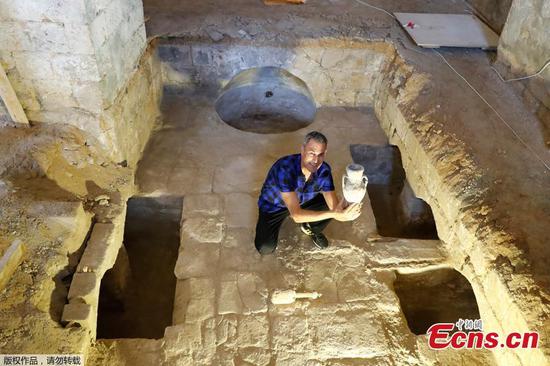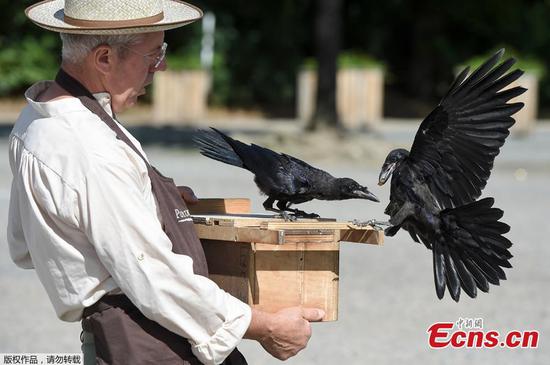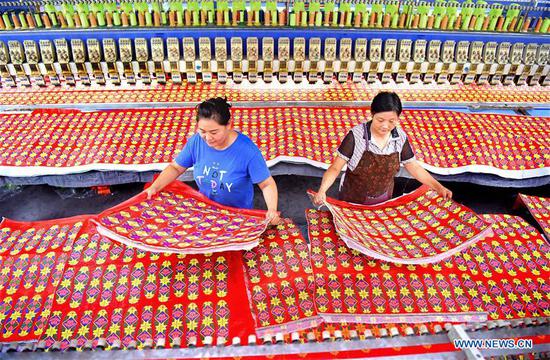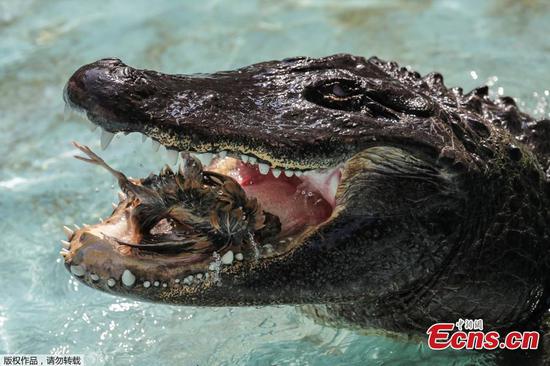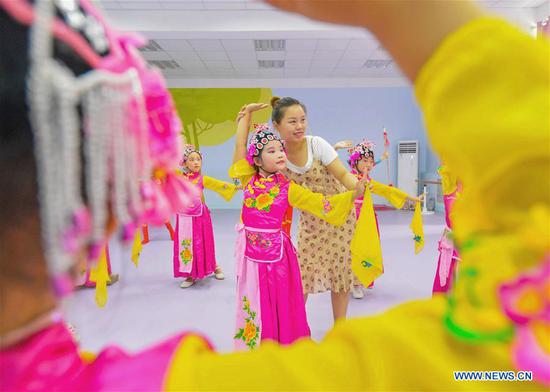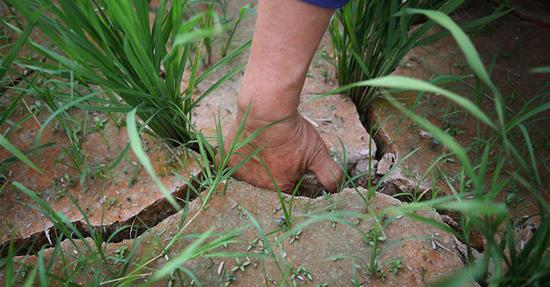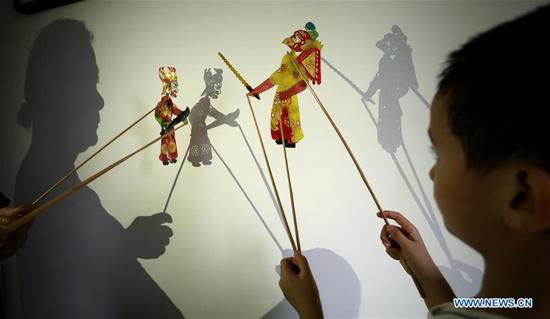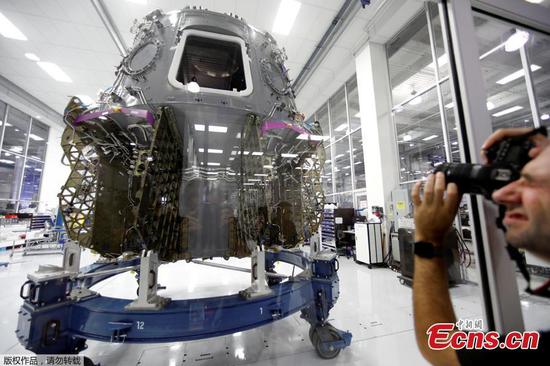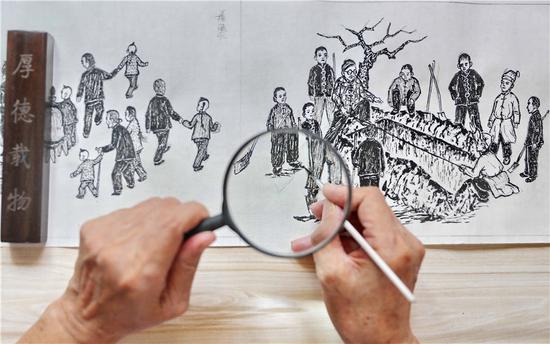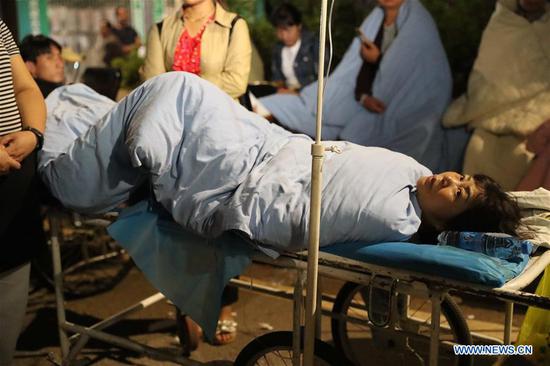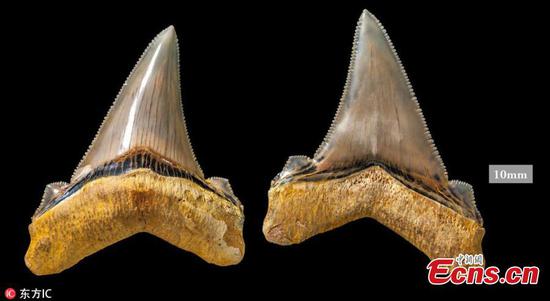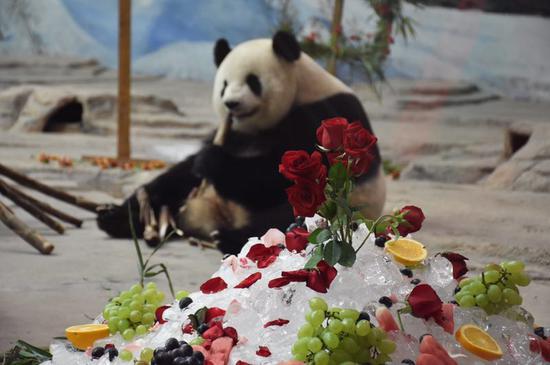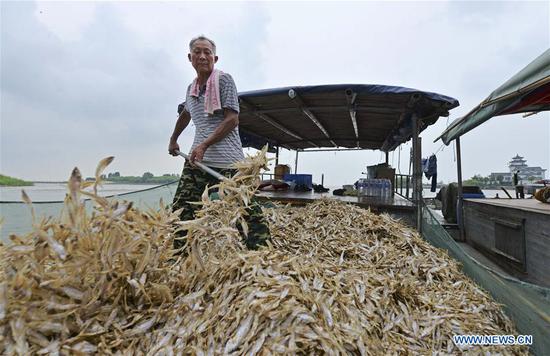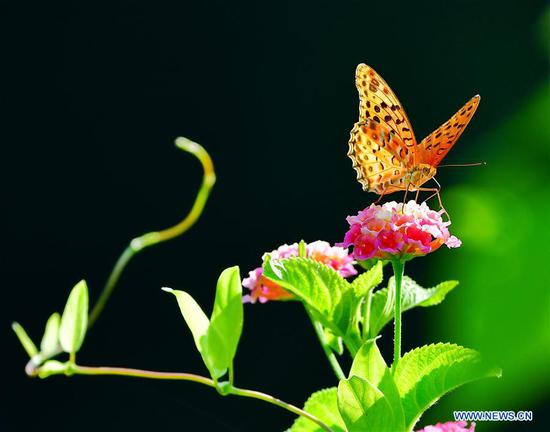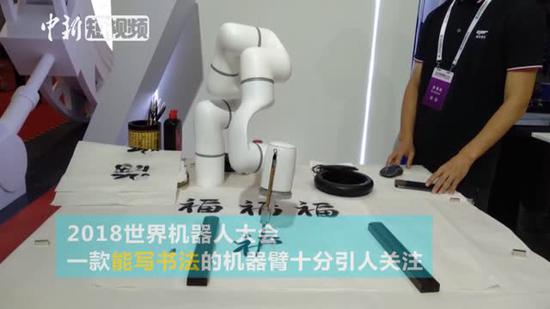Tendons from Australia's iconic kangaroos are being tested for use in human knee, ankle and shoulder ligament-replacement surgery, with some of the country's injury-prone athletes seen as the first few major beneficiaries of the novel treatment, according to latest research.
The unprecedented study has "early proof of concept testing" that kangaroo tendons are "six times stronger than human cruciate ligament," the University of Sydney said in a statement late Tuesday.
"Kangaroo tendon has a similar composition to humans but is longer and has better mechanical properties, which makes it an exciting natural product that could be used in a range of surgical procedures," said orthopedic surgeon Nick Hartnell, who heads one of the three industry partners working with the university on the project.
The project includes an investment of 2.4 million Australian dollars (1.73 million USD) by the industry partners, with the tendons for the medical graft material salvaged from the kangaroo meat industry and annual culling of the animals.
Another element of the project includes testing and manufacturing the viability of 3D-printed biodegradable screws made from a ceramic material to fix the kangaroo tendon to human bone, said the university.
"Materials used in ligament reconstructions come from three sources: humans, pigs, and synthetic constructs, and each has drawbacks," said the university's Dr Elizabeth Clarke, who is co-leading the kangaroo tendon-testing project.
Pig tissue alone is used for multi-ligament and revision cases, not primary surgeries, according to the researchers.
The medical use of the marsupial tendons could be key in the treatment of injury-prone athletes such as Australian rules footballer Alex Johnson, Hartnell told local media.
The defender, who damaged one of his knee ligaments on Sunday and could need a sixth knee reconstruction, stands to gain from the kangaroo tendon treatment, said Hartnell.
The next few steps will include making the kangaroo tendons safe and effective for transplantation in humans, said the researchers.









